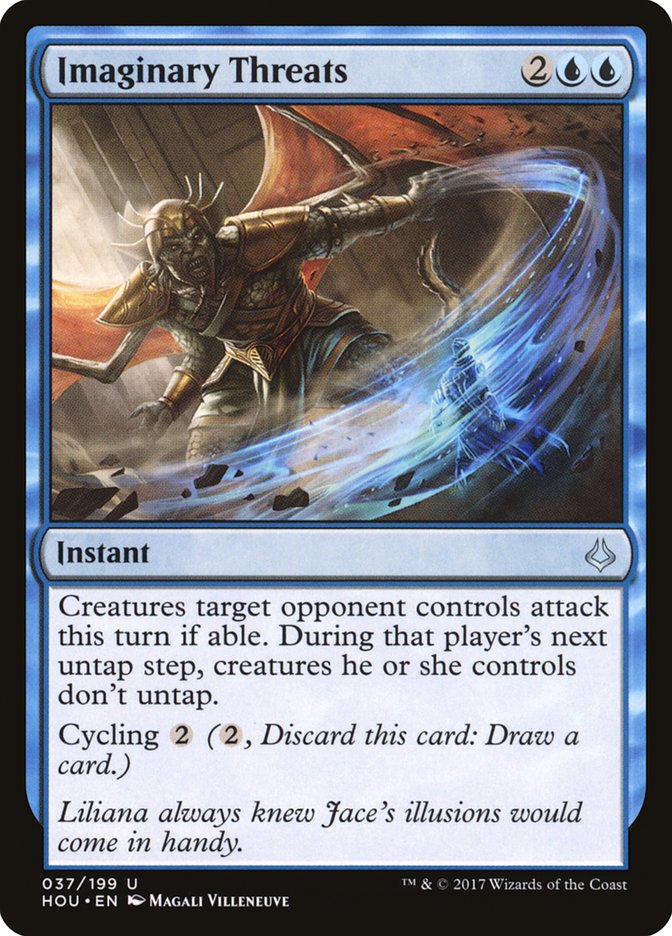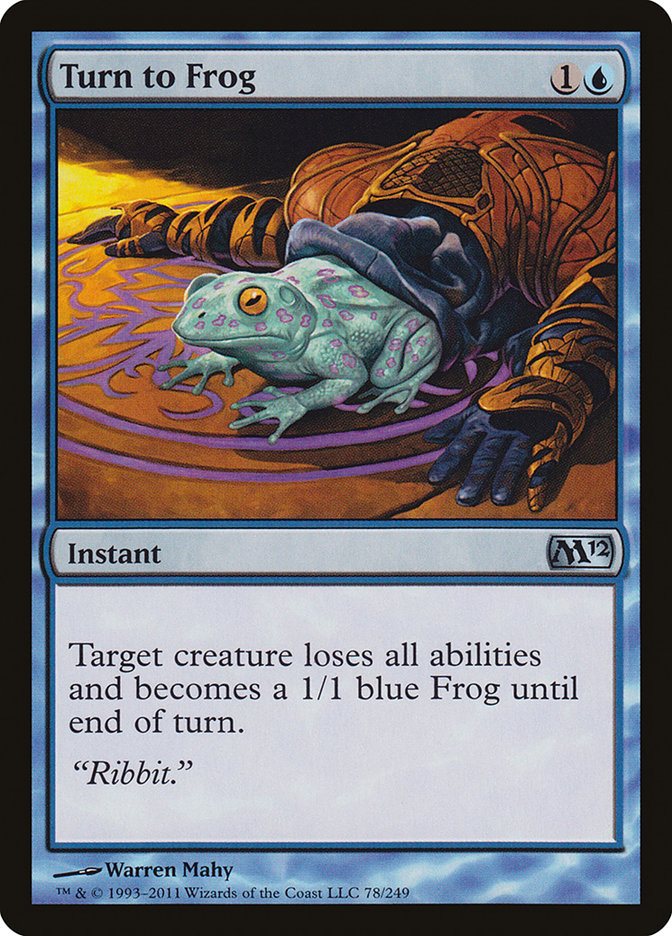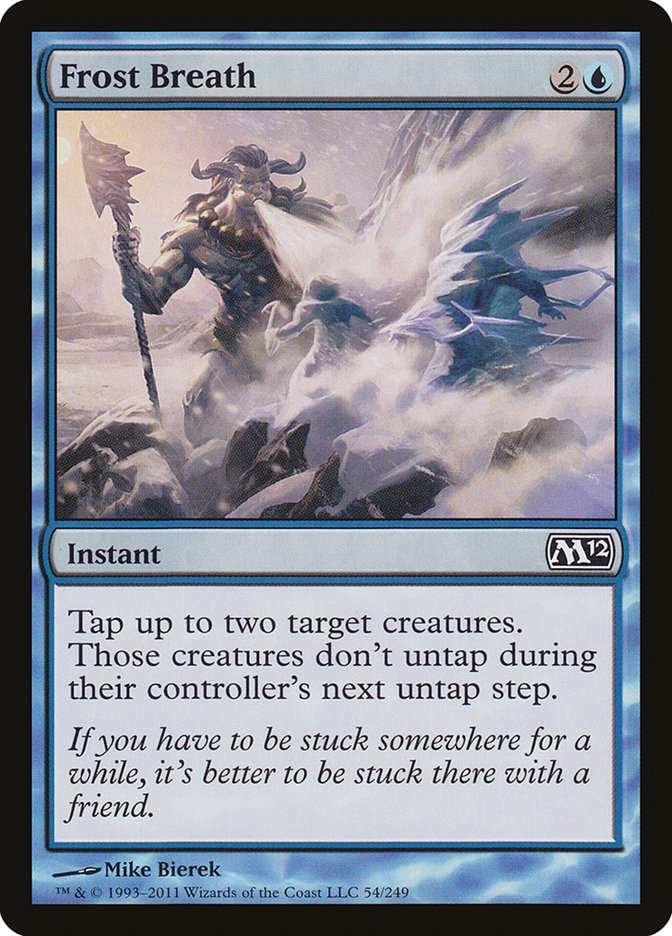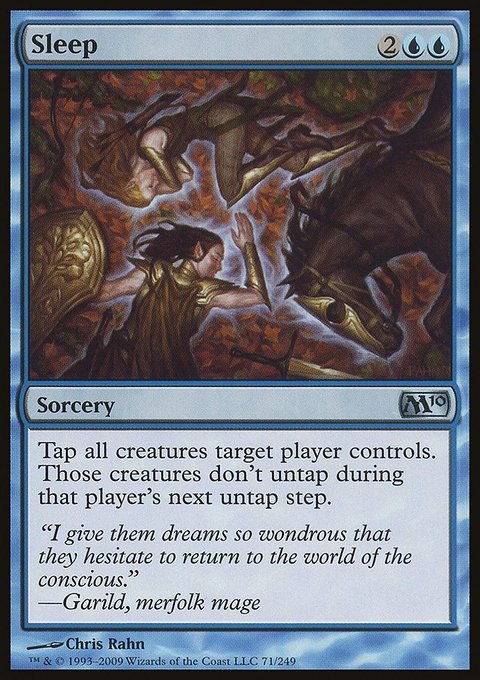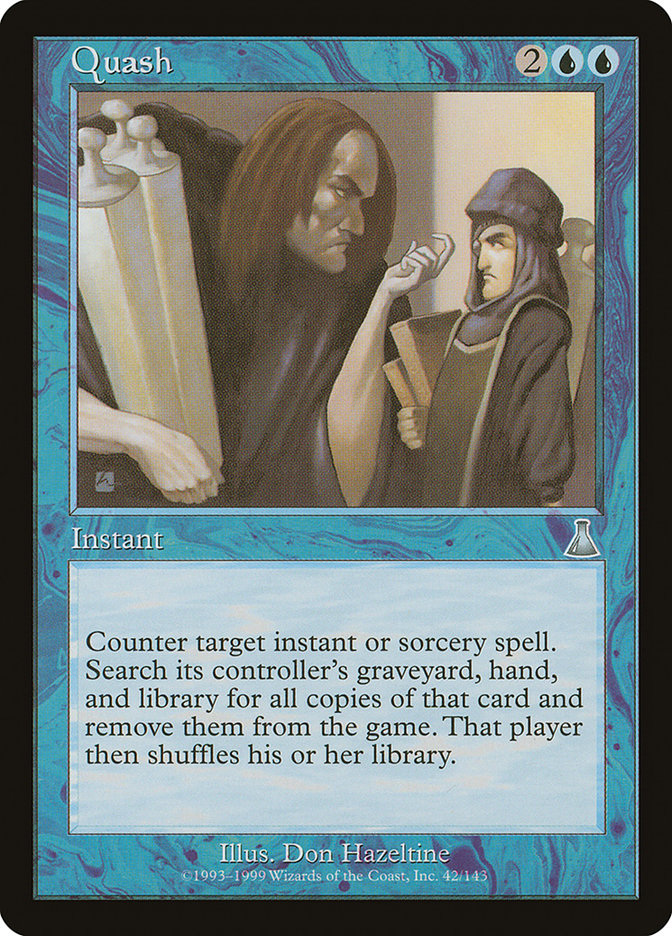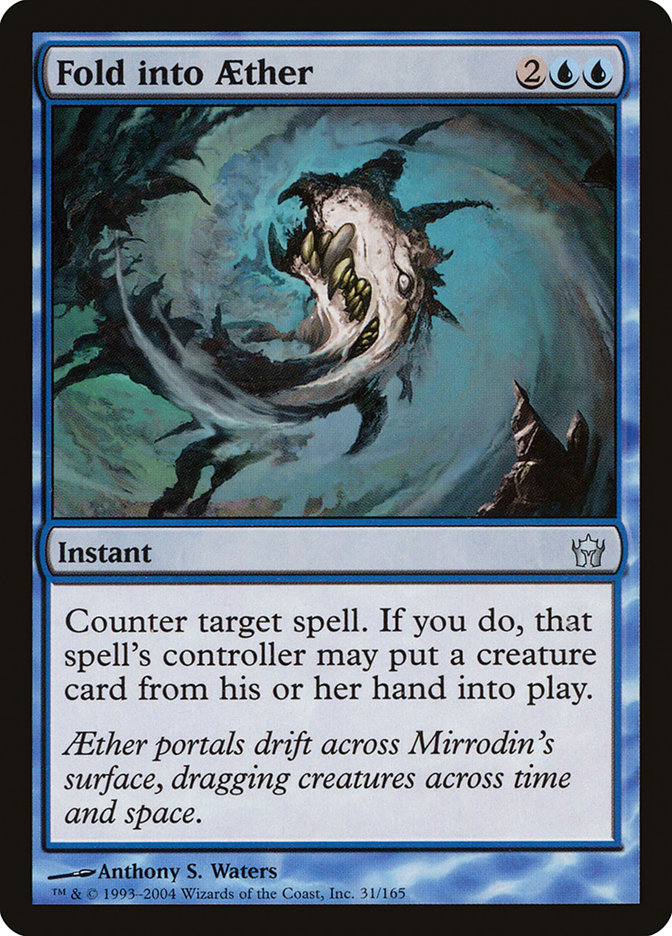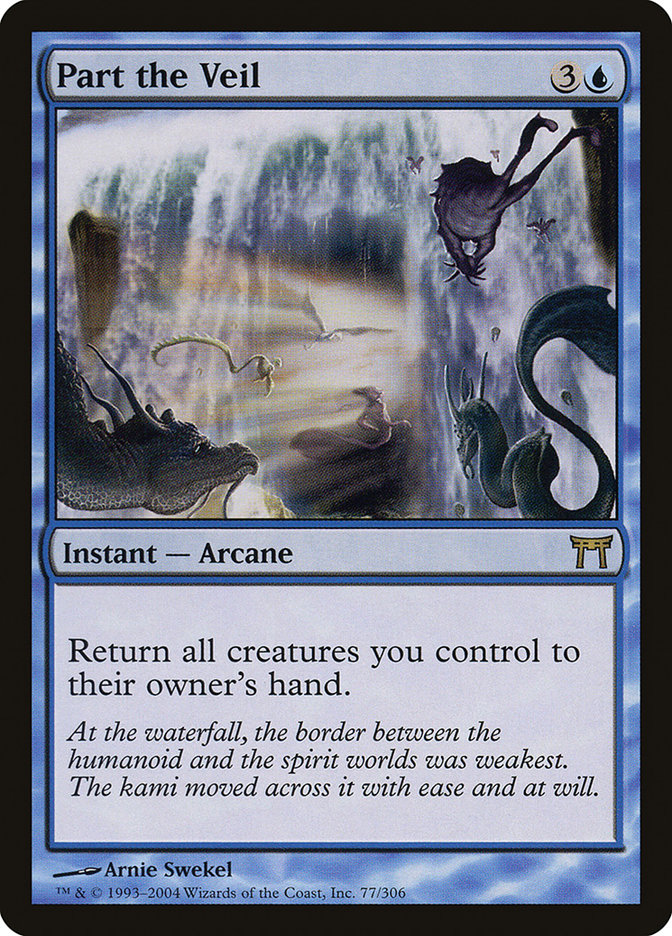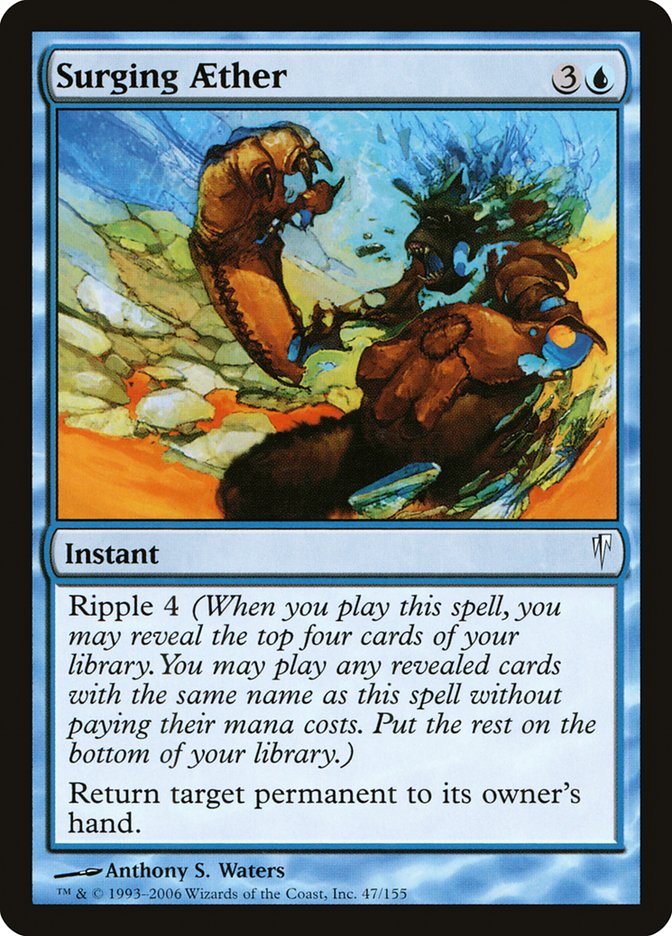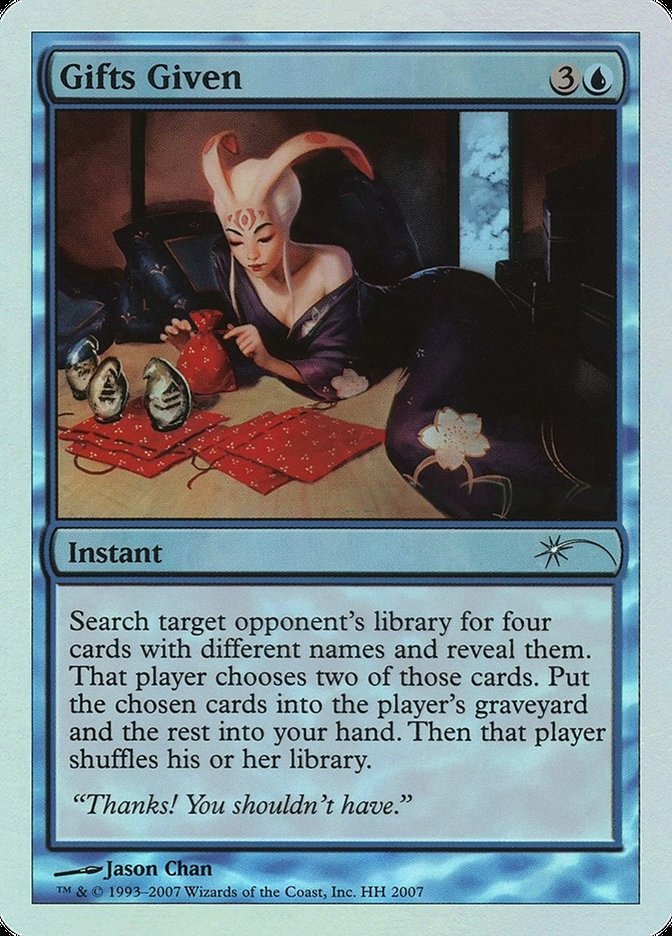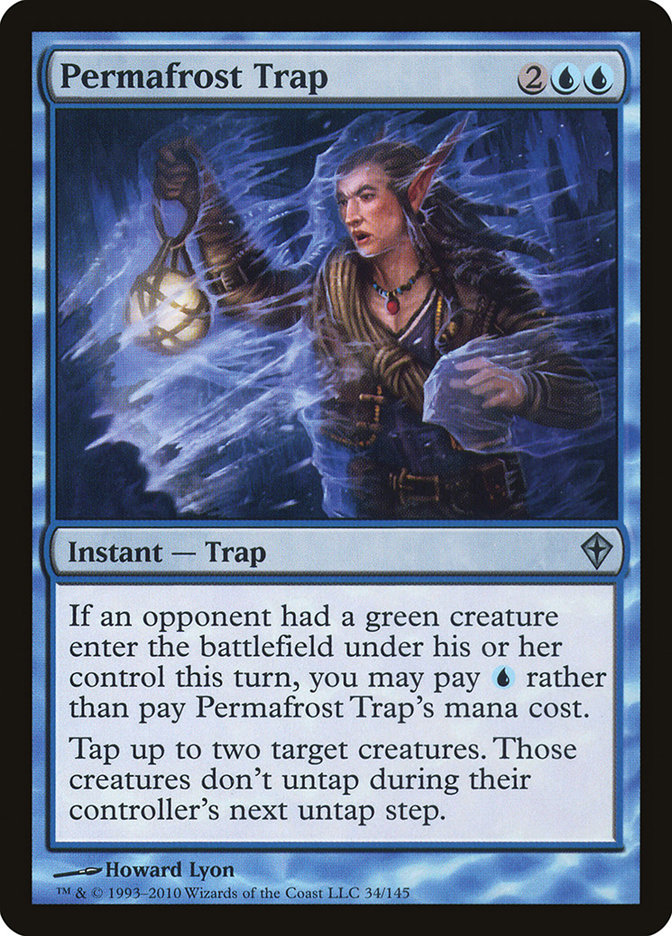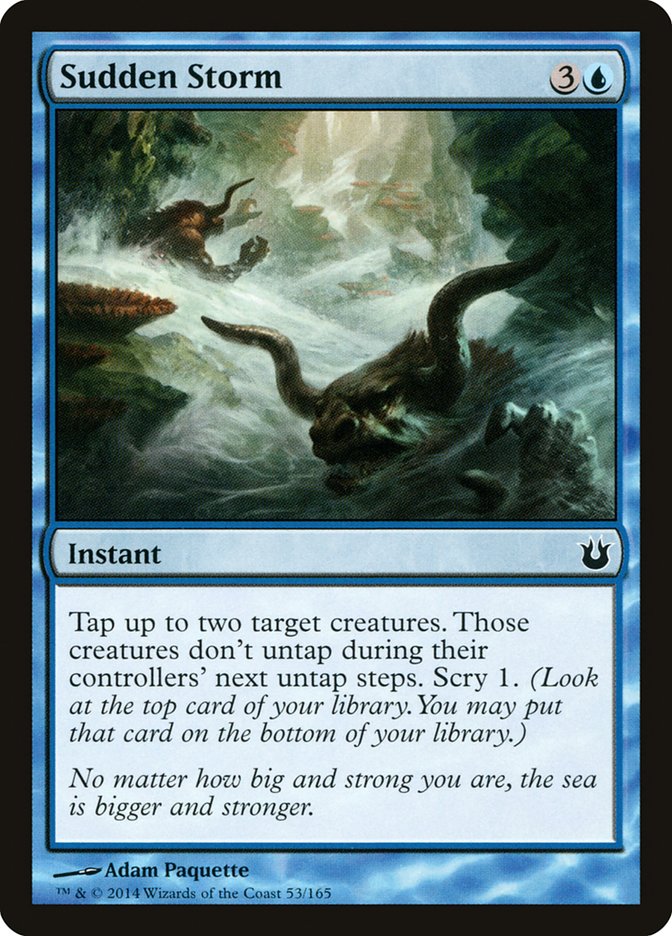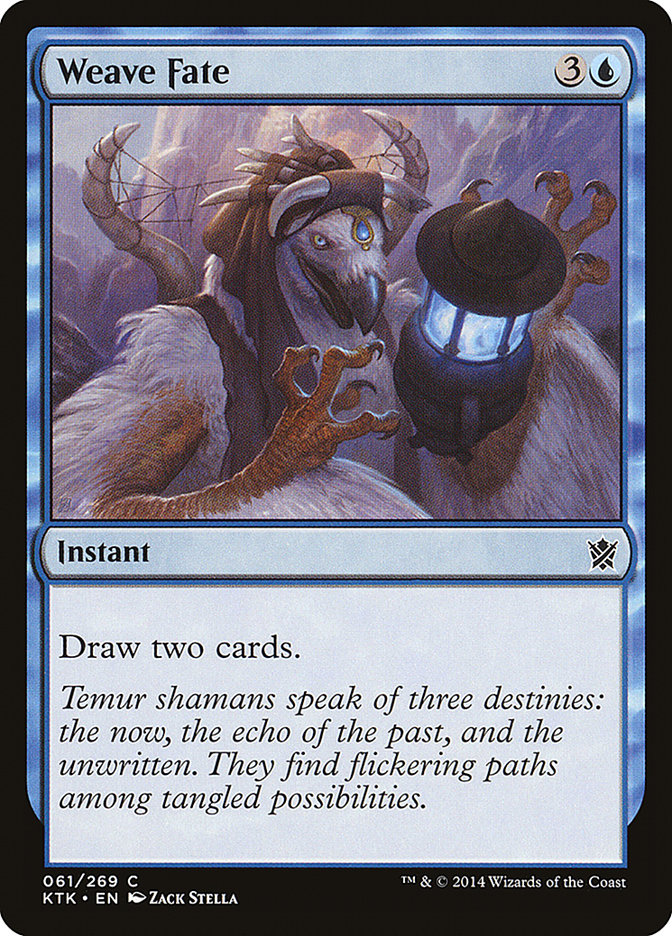Imaginary Threats MTG Card
| Mana cost | |
| Converted mana cost | 4 |
| Rarity | Uncommon |
| Type | Instant |
| Abilities | Cycling |
| Released | 2017-07-14 |
| Set symbol | |
| Set name | Hour of Devastation |
| Set code | HOU |
| Number | 37 |
| Frame | 2015 |
| Layout | Normal |
| Border | Black |
| Illustred by | Magali Villeneuve |
Text of card
Creatures target opponent controls attack this turn if able. During that player's next untap step, creatures he or she controls don't untap. Cycling (, Discard this card: Draw a card.)
Liliana always knew Jace's illusions would come in handy.
Cards like Imaginary Threats
Imaginary Threats finds its niche in Magic: The Gathering with its unique capability to manipulate combat phases. It shares a thematic link with cards that also tamper with opponents’ creatures, such as Turn to Frog. While Turn to Frog reduces a creature to a base 1/1 without any abilities, Imaginary Threats forces tapped creatures to attack, potentially leading to unfavorable combat outcomes for the opponent.
Frost Breath is another card that subtly reminds us of Imagary Threats, primarily in its ability to tap target creatures. However, Imaginary Threats takes it a step further by imposing an attacking obligation, unlike Frost Breath which merely prevents the creatures from untapping during the next untap step. In addition, Sleep is a card in the same vein, tapping all creatures the opponent controls, but it lacks the compulsory attack dynamic that Imaginary Threats brings to the table.
In the evaluation of control strategies within the game, Imaginary Threats offers an advantage by potentially clearing an opponent’s board or paving the way for a decisive swing. Its capacity to forcibly engage tapped creatures into combat sets it apart from others, offering players a unique tactical edge.
Cards similar to Imaginary Threats by color, type and mana cost
Card Pros
Card Advantage: Imaginary Threats can keep opponents from attacking, effectively buying you time to draw into the cards you need. While not directly drawing cards, the card manipulates the battlefield to your advantage.
Resource Acceleration: This card can serve as a form of indirect resource acceleration. By forcing the opponent to commit to unfavorable attacks, Imaginary Threats lets you capitalize on a weakened board state, quickly tipping the scale of resources in your favor.
Instant Speed: Imaginary Threats operates at instant speed, affording you the flexibility to catch an opponent off guard. This means you can decisively alter combat dynamics during the most opportune moment, usually at the end of your opponent’s turn or during their combat phase.
Card Cons
Discard Requirement: Imaginary Threats necessitates the discarding of a card, a drawback if your hand is already running thin. In a game where each card counts, being forced to lose one can put you at a strategic disadvantage, particularly if your options are limited or valuable.
Specific Mana Cost: The casting cost of Imaginary Threats includes both blue and generic mana, which can restrict its inclusion to decks that run blue or those that can accommodate the mana fixing required to cast it consistently.
Comparatively High Mana Cost: With a mana value that sits on the higher end of the spectrum for its effects, Imaginary Threats may not be the most mana-efficient option. Players might find other cards in the same cost bracket that provide immediate impact or more versatile answers to in-game situations.
Reasons to Include Imaginary Threats in Your Collection
Versatility: Imaginary Threats is a multifaceted card, capable of fitting into numerous blue-focused decks, particularly those looking for tempo control. Its ability to freeze all creatures not only stalls opponents but also clears the path for your own attacks.
Combo Potential: The card shines when combined with strategies that benefit from tapping or untapping mechanics. It can unexpectedly turn off an opponent’s defenders, synergizing well with cards that capitalize on tapped creatures or that untap your permanents for strategic advantages.
Meta-Relevance: In a game climate that favors aggressive creature-based strategies, Imaginary Threats stands out as a tool to delay opponents and establish board control. It’s particularly useful in a meta where creatures form the backbone of the competition’s offenses, buying you crucial turns to execute your strategy.
How to Beat Imaginary Threats
Imaginary Threats is a unique card that has the power to disrupt the flow of combat in Magic: The Gathering. It forces all creatures to attack if able during the next combat phase, which can be a double-edged sword. To strategically overcome the effects of Imaginary Threats, it is essential to maintain a strong defensive line. Cards that generate untapped tokens can be particularly useful, as they provide additional blockers. Similarly, flash creatures strengthen your board presence, allowing you to adapt and respond after your opponent declares attackers.
Instant-speed removal spells are also key in overcoming Imaginary Threats, as they let you pick off key aggressors in the midst of battle. Keeping mana open to cast such spells can deter an opponent from launching an all-out attack. Furthermore, incorporating cards that grant your creatures vigilance ensures that they remain ready to block even after attacking, preserving your defenses against the forced aggression. Lastly, be mindful of your life total and understand when to take the damage versus when to block, as sometimes preserving your creatures for a stronger counterattack can be the path to victory.
Overall, countering Imaginary Threats boils down to a combination of tactical creature management, the judicious use of removal, and a deeper understanding of combat dynamics in Magic: The Gathering.
Where to buy
If you're looking to purchase Imaginary Threats MTG card by a specific set like Hour of Devastation, there are several reliable options to consider. One of the primary sources is your local game store, where you can often find booster packs, individual cards, and preconstructed decks from current and some past sets. They often offer the added benefit of a community where you can trade with other players.
For a broader inventory, particularly of older sets, online marketplaces like TCGPlayer, Card Kingdom and Card Market offer extensive selections and allow you to search for cards from specific sets. Larger e-commerce platforms like eBay and Amazon also have listings from various sellers, which can be a good place to look for sealed product and rare finds.
Additionally, Magic’s official site often has a store locator and retailer lists for finding Wizards of the Coast licensed products. Remember to check for authenticity and the condition of the cards when purchasing, especially from individual sellers on larger marketplaces.
Below is a list of some store websites where you can buy the Imaginary Threats and other MTG cards:
 BUY NOW
BUY NOW BurnMana is an official partner of TCGPlayer
- eBay
- Card Kingdom
- Card Market
- Star City Games
- CoolStuffInc
- MTG Mint Card
- Hareruya
- Troll and Toad
- ABU Games
- Card Hoarder Magic Online
- MTGO Traders Magic Online
See MTG Products
Legalities
Magic the Gathering formats where Imaginary Threats has restrictions
| Format | Legality |
|---|---|
| Commander | Legal |
| Legacy | Legal |
| Modern | Legal |
| Oathbreaker | Legal |
| Vintage | Legal |
| Duel | Legal |
| Pioneer | Legal |
Rules and information
The reference guide for Magic: The Gathering Imaginary Threats card rulings provides official rulings, any errata issued, as well as a record of all the functional modifications that have occurred.
| Date | Text |
|---|---|
| 2017-07-14 | If the opponent exerts any creatures they control, exert and the effect from Imaginary Threats stopping them from untapping both apply in the same untap step. Those creatures will untap as normal in the player’s subsequent untap step. |
| 2017-07-14 | If, during that player’s declare attackers step, a creature that player controls is tapped or is affected by a spell or ability that says it can’t attack, then it doesn’t attack. If there’s a cost associated with having a creature attack, its controller isn’t forced to pay that cost, so it doesn’t have to attack in that case either. |
| 2017-07-14 | No creatures that player controls will untap during their next untap step, even creatures that don’t attack. This includes creatures that enter the battlefield or become tapped after this spell resolves. |
